Should the expert's opinion contain the phrase «for submission to the court»?
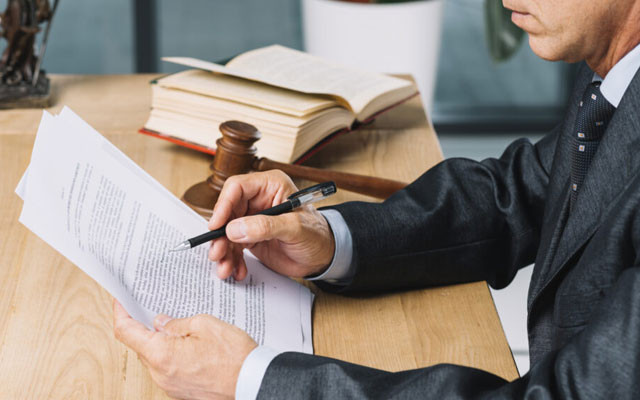
In many cases, especially before the opening of proceedings, customers receive expert opinions without the wording «for submission to the court». This forces them to repeatedly apply for an expert opinion and incur additional costs.
This problem was raised by the Directorate of Justice and Criminal Justice of the Ministry of Justice of Ukraine as part of legal monitoring.
It is noted that in practice, such formal requirements do not affect the content of the conclusions and do not have a significant impact on the justice process. However, in order to eliminate the unnecessary burden on the parties to the case and experts, it is advisable to analyze the need to exclude the requirement to indicate the phrase «for submission to court» in the document from the procedural legislation or to resolve this problem in another way.
The National Bar Association of Ukraine expressed its opinion on this issue. The Committee on Human Rights Protection believes that such a requirement is not based on the law and violates the basic principles of adversarial proceedings and the discretionary nature of the judicial process. After all, such a wording in the expert's opinion does not affect the criteria for assessing evidence for its relevance and admissibility.
At the same time, the UNBA drew attention to the following. Pursuant to Articles 102 and 106 of the Code of Civil Procedure, an expert opinion may be prepared at the request of a party to a case or on the basis of a court order to appoint an expert. A party to the case has the right to submit to the court an expert opinion prepared at its request.
It should be noted that a person acquires the status of a party to a case after the proceedings are initiated, so an expert opinion commissioned by a person and drawn up before the proceedings are initiated is obviously obtained in violation of the procedure established by law, i.e., it is inadmissible evidence.
Therefore, it is necessary to amend the right of a party to the case to submit to the court an expert opinion commissioned by him/her, including before the commencement of the proceedings. In many cases, ordering and conducting an expert examination may precede going to court, which, in fact, determines the grounds or expediency of going to court.
In addition, the UNBA noted, the participant has the right to submit to the court an expert opinion drawn up, among other things, not on his order. According to Part 1 of Article 103 of the Code of Civil Procedure, the court appoints an expert examination in a case under a set of the following conditions:
1) to clarify the circumstances relevant to the case, special knowledge in a field other than law is required, without which it is impossible to establish the relevant circumstances;
2) the parties (a party) have not provided relevant expert opinions on the same issues or the expert opinions raise doubts as to their correctness.
However, pursuant to Article 106(1) of the Code of Civil Procedure, a party to a case has the right to submit to the court an expert opinion prepared at its request.
Pursuant to Article 42 of the Code of Civil Procedure, the parties to a lawsuit are the parties and third parties. When considering claims in writ proceedings, the parties to the case are the applicant and the debtor. In cases of special proceedings, the parties to the case are the applicants and other interested parties.
In other words, the court appoints an expert examination in a case in which the parties (a party) have not provided relevant expert opinions on the same issues or the expert opinions raise doubts as to their correctness.
At the same time, for example, in lawsuits, an expert opinion may be submitted by a third party. In this case, the expert opinion submitted by the third party will be irrelevant.
Therefore, it is advisable to change the words «by the parties» to «by the participants» in clause 2 of part 1 of Article 103 of the Code of Civil Procedure.
Such changes and additions will expand the procedural possibilities for protecting the rights of participants in the process, promote the objectivity and comprehensiveness of the trial, as well as save the procedural time of the court allocated for the case.
The full text of the UNBA's proposals, which were sent at the request of the Ministry of Justice, can be found here.
Popular news
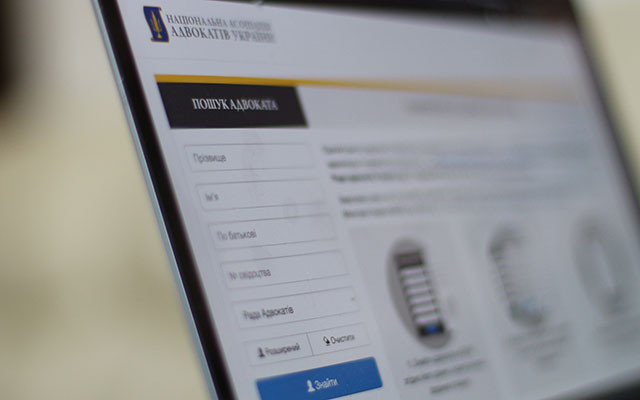
URAU
Access to advocate contacts in URAU has been restored
The Bar Council of Ukraine has opened up public access to data from the Unified Register of Advocates of Ukraine, which was closed at the start of the full-scale invasion in 2022. The decision was made at a meeting on December 12–13.
Self-government
Members of the QDCB are not required to submit declarations - BCU
Bar Council of Ukraine examined the legal status of members of bar self-government bodies and found that they are not required to submit declarations of persons authorized to perform functions of state or local self-government.
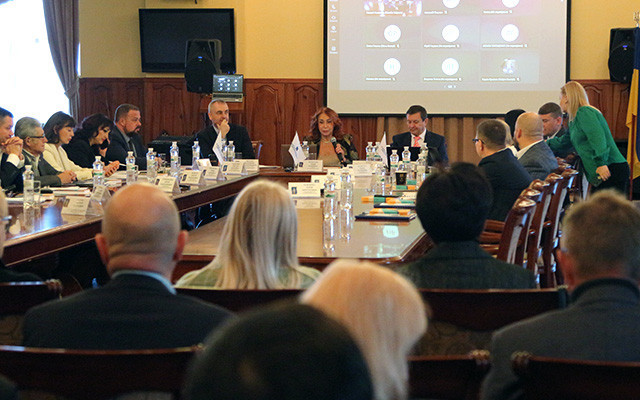
Self-government
BCU has identified 12 areas for implementing the Roadmap for advocacy
During its meeting on December 12, the Bar Council of Ukraine considered the Roadmap on the Rule of Law, approved by Order of the Cabinet of Ministers of Ukraine No. 475-r dated May 14, 2025. The document provides for the development and adoption of a draft law on improving the legal regulation of advocacy by the fourth quarter of 2026.

Guarantees of the practice of law
The Ombudsman acknowledged the problem of violation of the human right to legal aid in the TCC
The Verkhovna Rada Commissioner for human rights Dmytro Lubinets confirmed the existence of a problem with ensuring the constitutional right to professional legal assistance in territorial recruitment and social support centers.

Guarantees of the practice of law
The agreement on the provision of legal assistance is not public – BCU
Bar Council of Ukraine in its decision No. 111 dated October 18, 2025, responded to questions regarding the possibility of concluding legal assistance agreements by accepting a public offer, using an electronic form of the agreement, and posting information about legal assistance on websites.
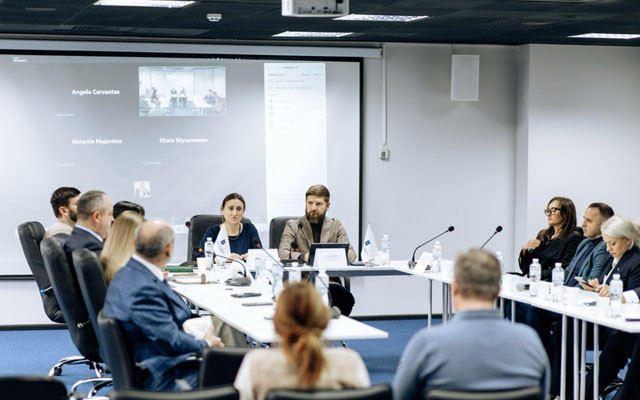
Discussion
Why preventive measures have turned into preventive punishment in Ukraine: round table discussion
The European approach, enshrined in the CPC, provides for detention as an exceptional preventive measure: courts must prove the impossibility of milder alternatives and carefully assess the risks. In practice, however, it is increasingly being applied almost automatically, eroding standards of freedom.
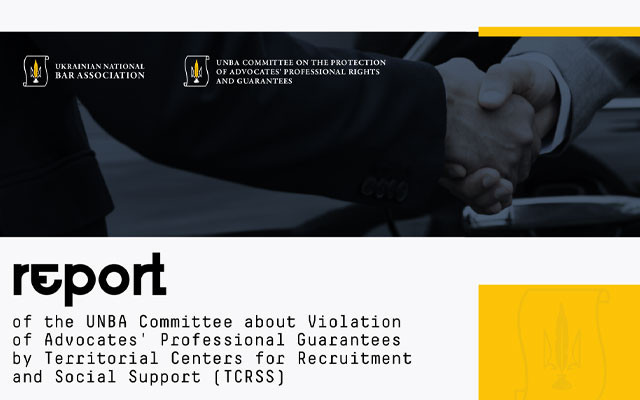
Guarantees of the practice of law
The UNBA presented a report on violations of advocates' rights in the TCC
The Committee for the protection of advocate's rights and guarantees of legal practice of the UNBA has prepared a consolidated report on violations of advocate's professional rights and guarantees of legal practice by territorial recruitment and social support centers for the period from 2022 to the first half of 2025.
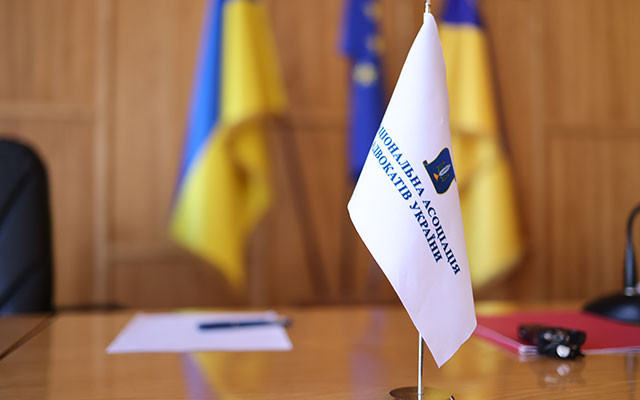
Self-government
Statement by the UNBA Committee regarding manipulative journalistic material
Statement by the UNBA Committee on information policy and interaction with the media regarding manipulative journalistic material aimed at discrediting the advocacy institution.
Publications

Censor.net Protecting advocates – protecting justice: addressing concerns about the new law

Ihor Kolesnykov A BRIEF SUMMARY REGARDING THE APPLICATION OF THE ORDER ON EXTENDED CONFISCATION IN LATVIA REGARDING FINANCIAL ASSETS OF…

Valentyn Gvozdiy WORKING IN A WAR ZONE

Lydia Izovitova Formula of perfection

Sergiy Vylkov Our judicial system is so built that courts do not trust advocates

Iryna Vasylyk Advocacy in the proclamation of Independence of Ukraine

Oleksandr DULSKY When we cross the border of the Supreme Anti-Corruption Court, we get into another department of the National Anti-Corruption…

Vadym Krasnyk The UNBA will work, and all obstacles and restrictions are only temporary inconveniences
